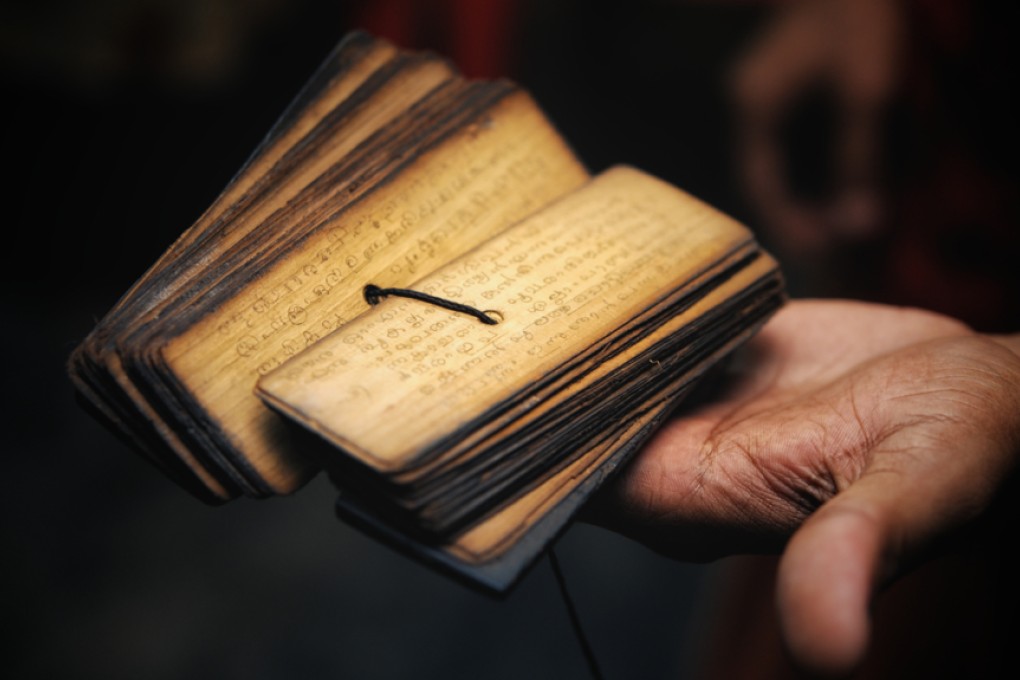Reflections | Why a translator in Hong Kong doesn’t want the party to end
The number of English readers in Hong Kong doesn’t justify the time and money spent on translating official documents from Chinese, but as one paid to do it Wee Kek Koon isn't complaining


The second term of the academic year starts tomorrow at the university where I’ve been teaching translation studies for the past eight years. I’ve been a translator longer than I have taught, and I still enjoy both jobs.
People often ask me why I do what I do in Hong Kong instead of back home, in Singapore. The irony is that there’s a much larger market for translation services here than in multicultural Singapore. In the latter, most official writings are in the neutral language, English, a shared linguistic space for the various ethnic groups, and only the most important texts are published in all of the country’s four official languages. In Hong Kong, it’s mandatory to release almost all government and business statements in both Chinese and English, though – let’s be honest – the number of English readers in Hong Kong doesn’t quite justify the massive amounts of time and money spent on translation. Some may dismiss it as window dressing for a predominantly Chinese city, but, as a direct beneficiary of this curious policy, I don’t want to the party to end.
The Eastern Han dynasty (AD25-220) saw translation activities in China peak for the first time as Sanskrit Buddhist texts were rendered into Chinese. Among the named Buddhist translators during that period were An Shigao, traditionally identified as a Persian, and Indians Kasyapa Matanga and Dharmaratna. They were credited with helping the then foreign religion gain a foothold in China.
